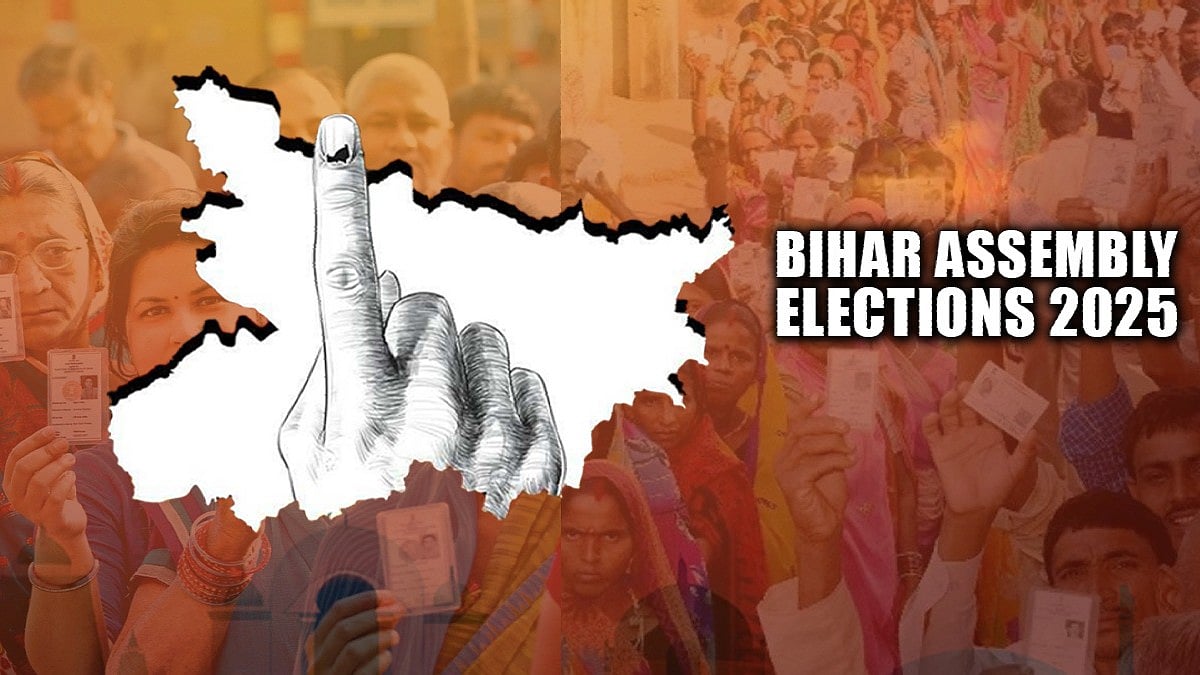Financial inclusion has been an objective of successive governments and the financial regulators have been urged to ensure that there is spread of financial literacy. A lot of initiative has been taken by both RBI and SEBI in the form of awareness campaigns. But over time, there has been a shift from educating the common person on the options available to one of exercising caution. Hence the direction is one of ‘being careful’ rather than ‘save and invest’ in the financial instrument.
Bringing in retail investors has been a way to deepen the market and this was largely successful in case of equity where there is a fair degree of participation. The same holds for mutual funds which has helped in diversification as well as delivered possibly better returns over a longer period of time. The tax structures tended to favour market instruments more than conventional bank deposits which made the former more alluring.
On the banking side, products were the same but access has been widened with the use of technology. What started off as the use of ATM to withdraw cash has now moved to more sophisticated levels of internet banking, use of cards, UPI, mobile banking and so on. Transactions are seamless and can be used for a series of payments to third parties. The KYC used to be a physical process but has now moved to the virtual mode which makes life easier. We have reached the stage where physical interaction can become expensive for banking transactions and even cash withdrawals can have a levy if too frequent. This was a strategy devised by banks to cut costs and increase efficiency of banks as all customers migrated to the virtual mode. In parallel, there was the emergence of fintech companies which provided platforms for smaller ticket borrowings which was done online.
But, in the last couple of years things have taken a turn which has posed challenges to the regulators. Let’s look at SEBI and the capital market. With increase in retail participation, the number of players has increased exponentially. The question is, how do people who don’t understand the markets take decisions? This is where advisors come into the picture. They could be friends and relatives or formal entities which provide such guidance. While this was prevalent even in the conventional mode of physical trading in shares, the ease of doing so through the ‘demat cum virtual’ mode has made it pervasive. This has made IPOs successful as can be seen from the multiple times subscription for even the retail portfolio as everyone assumes today that the listing price will be at a premium.
With some bit of advice, secondary market trading becomes attractive and the direct and indirect directions given by experts on TV through the day enthuses investors. Add to this the spread of social media and the suggestions one can get will multiply and get varied. This is being driven by two factors: lower returns from traditional savings instruments and the tryst to get richer quicker for a better lifestyle.
A recent book called The Trolls Of Wall Street is a real life tale of how a group of adventurers were able to enlarge their community on a sub-reddit and caused havoc in the market. The same can be seen in India too which can be hard to identify because all social media is largely unregulated. This is what SEBI is targeting when it talks of finfluencers. While at one level it can be argued that opinions can always be given, from a regulatory perspective there is insistence on these persons being registered as advisors; and a campaign is being run on this issue Such uncontrolled trading has spread to the F & O segment which is very specialised and requires mathematical skills to be a part of the system. As the market operates on the basis of margins, there is a lure to take even larger positions thus exposing the amateur investors to high risk and losses (which has been the case of late).
On the banking side, there was a major push given to technology by all banks and the result was to provide the best in the world products to customers. This held for both account holders as well as borrowers in the retail space. But this has opened the doors to issues in cyber security which is twofold. The first is technical which can be addressed by individual banks. The other is pertaining to knowledge. Most customers are not well versed with the use of technology and this makes them vulnerable. Sharing of passwords and pin numbers happens often leading to cases being filed with the police department. There is a full scale campaign being run by the RBI warning customers to be careful with several FAQs being posted. However, the conundrum for the customer is that they would never know if a link received on whatsapp or SMS is genuine or not. Nor can they ascertain the authenticity of any call received asking them to provide some information or else face consequences of account being disabled.
Clearly India is at an inflexion point where the latest technology is in place as also the access to financial products. The challenge is of education which has been taken on a war footing by the regulators. There is always an open debate on whether knowledge should precede technology and systems or vice versa. Logically the second option makes more sense as it would be impossible to now the lacunae in the system unless it is in place. The regulatory sandbox concept is useful in this context but given that the universe is very large when it comes to retail savers and investors, it will always be a learning process.
While the regulators work to straighten the systems, there will be some collateral damage in terms of individuals being open to falling prey to fraud or making losses in the market. The task clearly is to keep minimising the same by streamlining the communication system and warning the retail fraternity on an ongoing basis.
The author is Chief Economist, Bank of Baroda and author of ‘Corporate Quirks: The Darker Side of the Sun’. Views are personal










